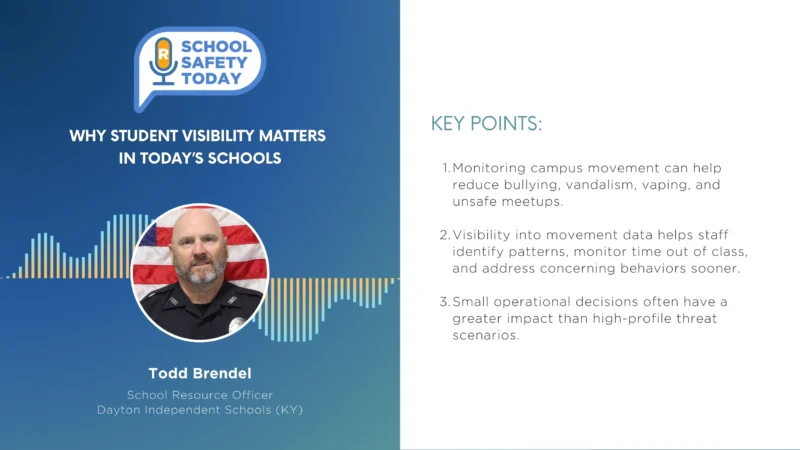Education as a Benefit for Frontline Employees
As of 2020, 47 percent of employers offered some level of assistance for undergraduate or graduate tuition assistance. However, MBA application numbers dropped 6.5% in 2022. Clearly, there has been a shift in how employees and employers are viewing education as a benefit in the workplace.
Why are post-secondary degrees in the workplace no longer all the rage? How can employers continue to support education as a benefit with the shift in views on educational approaches. For part 2 of this DisruptED episode, host Ron J. Stefanski was joined by Jill Buban, the Vice President and General Manager of EdAssist Solutions, to chat about bridging the gap between post-secondary learning and corporate America through nontraditional methods that do not involve degrees.
The average cost of an MBA is $64,800, not to mention the time one must set aside outside of regular work hours to complete courses and assignments. More and more individuals are beginning to realize the downsides to pursuing post-secondary degrees in the workforce and are turning to other types of learning.
“I think that’s so important for learners to have that guide on the side to understand: is competency-based learning right for me? Is self-directed learning right for me? Do I not want to be on a traditional model?” Buban advocated.
On the show, Stefanski and Buban further discussed…
● The misinformation that exists on boot camps and micro credentials
● Client knowledge base on extending education as a benefit to employees
● What may be missing in the mix of educational opportunities that education technology companies can pursue
“Our generations who are staying in the workforce longer and longer don’t want to go back and get an MBA if you need them to get a skill. They don’t want to sit through two to three years of school but would be happy, likely, to get a certification. So, it’s also thinking of how the workforce has changed and how all of these credentials can fit the needs of your workforce,” said Buban.
Jill Buban has been VP and GM of EdAssist Solutions for almost two years. Prior to that, she was the Vice President of Digital Strategy and Online Education at Fairfield University. Buban has decades of experience in higher education and holds a Ph.D. in adult learning.







